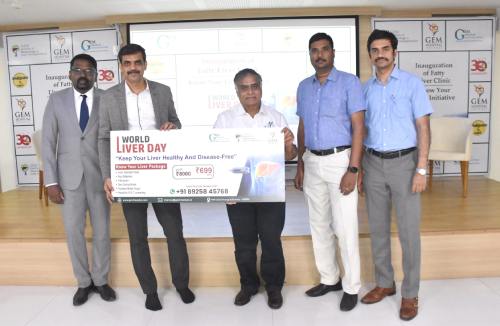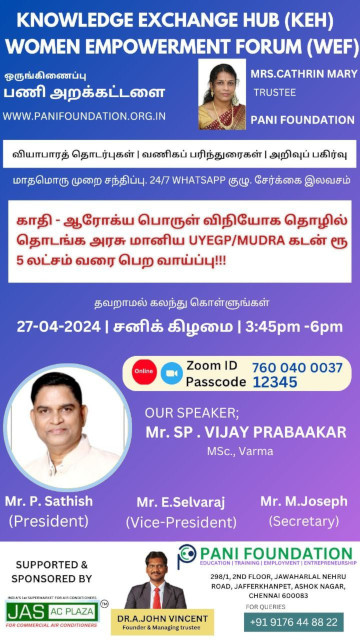No. of views : (3195)
Simple and easy way to extract gold from old gadgets
Posted on: 02/Sep/2016 12:20:48 PM

Researchers are to be thanked for the wonderful discovery of extracting gold from old and abandoned gadgets such as smartphones, TV sets, and computers. Surprisingly, tonnes of gold could be extracted.
Though gold extraction from these old gadgets is already possible, these old methods are hazardous and not very efficient. Cyanide and other toxic chemicals get released, according to researchers.
Nearly 7 percent of the total volume of gold is present in these old phones, TVs and computers which are altogether called electronic waste. Gold is a major component present in these printed circuit boards of these devices.
The impact caused by gold mining and carbon dioxide emission can both be controlled by bettering the extraction procedure, say researchers from the University of Edinburgh, U.K. In their method of extraction, there is no use of toxic chemicals and the method of extraction of gold is more efficient as compared to the present methods in practice.
The new method is promising to be of help in extracting over 300 tonnes of gold hidden in such electronic gadgets. In this course of deriving a new method, the researchers have also discovered a new method which can back the extraction process.
The process
The method firstly involves placing the printed circuit board in mild acid. All the metal portions of the board get extracted here. This is followed by adding an oily substance which has the above mentioned chemical compound. It is this chemical that aids in selectively extracting gold from the entire mixture of different metals.
The research discoveries will be of great help in large scale recovery of gold and also other metals, say researchers. This discovery super-excites us as it can be economically benefit and also be a boon to the society by serving as a good source of extraction of valuable metals from dilapidated electronic devices, exclaims Jason Love from the University of Edinburgh.







